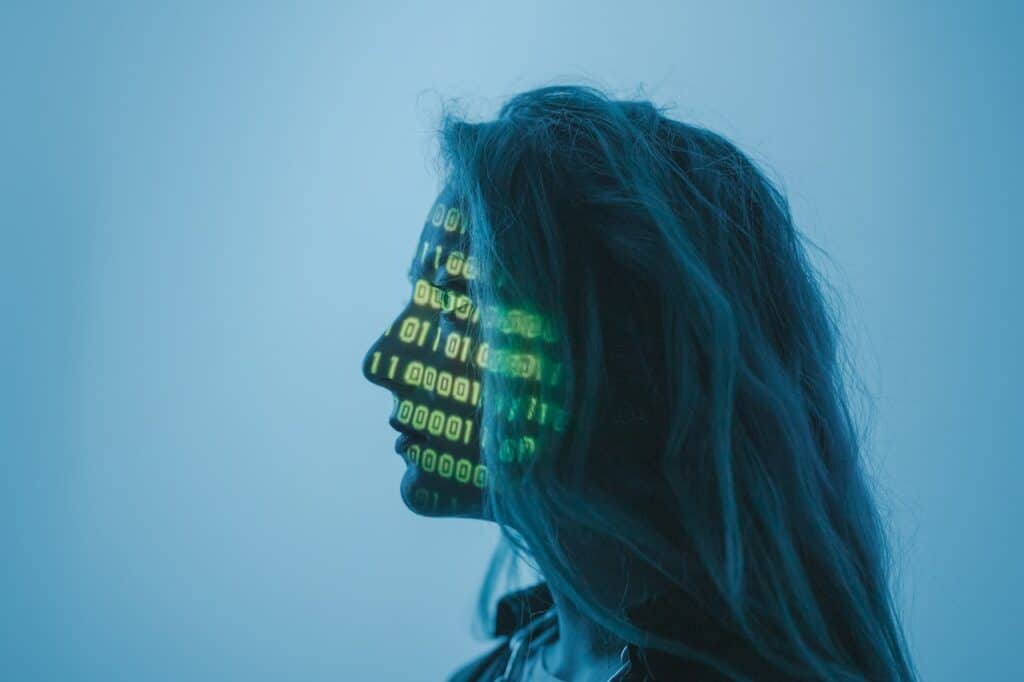
Over the past year, Artificial Intelligence (AI) has become one of the most important topics of conversation across all media, and there is a chance that it could be the future of humanity.
AI has proven to be a useful tool for education, journalism, science and art, however Lina Khan, president of the Federal Trade Commission The FTC recently noted that while AI can bring about great innovations, it can also “turbocharge fraud and automate discrimination.”
Artificial Intelligence offers users the possibility of finishing work faster, complementing tasks, creating pieces of art, writing texts, perfecting and facilitating different activities of daily life and even having a conversation, however this has generated discussions about the advantages and disadvantages that this has for humanity.
Hector Palacios, scientific researcher at ServiceNow Research, he explained at a press conference organized by Ethnic Media Services in which experts met to discuss the phenomenon that has caused AI, that Artificial Intelligence is "a computer program" which uses another type of language that comes from mathematics.
"We have texts that look like they were written by humans, but they are not," Palacios said.
And today there are programs like ChatGPT, which is a chat system developed by the company Open AI –which is dedicated to Artificial Intelligence research– that is based on the GPT-4 AI language model and that automatically generates responses in a chatbot.
Despite all the benefits that Artificial Intelligence offers, Palacios pointed out that there are risks such as misinformation, manipulation and even polarization due to the generation of content with these tools.
"We have to think about the dangers and the opportunities it offers," he said.
Sean McGregor, PhD in machine learning, founder of Responsible AI Collaborative, chief technical advisor for IBM Watson AI XPRIZE and creator of the AI incident database, noted that there are racial biases in Artificial Intelligence that have caused conflicts for some communities.
McGregor showed a video in which Joy Boulamwini shows through poetry how AI does not recognize the gender of people from communities of color.
“Let’s say the data itself is perfectly unbiased, it does and can produce a good performing system. The question remains as to how the camera is adjusted. As for contrast, is it going to be brighter or darker, which changes the performance of the system for people with different skin tone which is completely outside the scope of what the data is expressing?” he questioned.
McGregor also noted that these types of problems stem from those who have the power to make the decisions that lead to racial biases in AI.
Artificial Intelligence in science fiction
For some time now, many science fiction writers have included Artificial Intelligence in their stories and have managed to fascinate the world with films such as Her, Terminator, Blade Runner or 2001: A Space Odyssey.
Chris Dede, a researcher at the Harvard Graduate School of Education and associate director of research at the National AI Institute for Adult Learning and Online Education, said that artificial intelligence has been a part of science fiction for decades, and that in addition to causing fascination, it has also managed to cause fear in some.
“When I was a graduate student, I saw the movie 2001: A Space Odyssey, where AI goes crazy and starts killing astronauts. But the other theme in science fiction is AI as a companion, a complementary relationship between human and AI. We see, for example, in Star Trek: The Next Generation, where we have Picard, the wise human captain of a starship, and then we have Data, who looks like a person, but is actually an AI-based android,” he said.
Finally, Dede pointed out that “AI is like a mirror that we put on the internet and it reflects what it sees of us –human beings– and society.”
You may be interested in: Is banning TikTok in the US a viable option?

